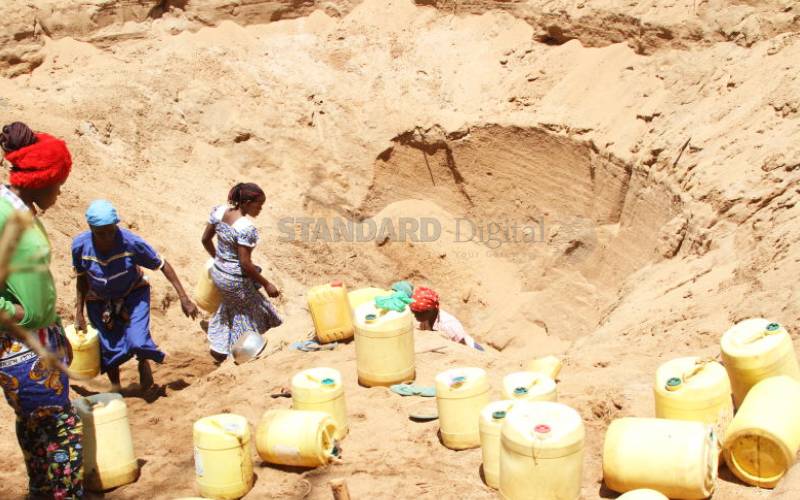×
The Standard e-Paper
Kenya’s Boldest Voice

The Kenyan government recognises the need to do more in addressing vulnerabilities in ASALs.
The Government and its partner, the European Union, have put in a lot of effort into the development of Kenya’s arid and semi-arid lands (ASALs).